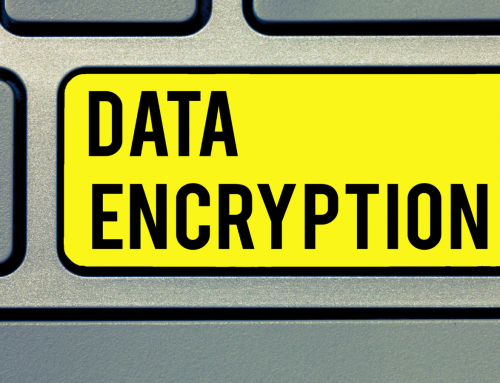Data Protection – How do I protect my personal information on my computer?
Protecting your digital privacy is essential in today’s connected world where data is constantly being collected and shared. Here are some practical tips to help safeguard your digital privacy and Data Protection:
- Use Strong and Unique Passwords: Create strong, unique passwords for each of your online accounts. Avoid using easily guessable information, such as your name or birthdate. Consider using a password manager to securely store and generate passwords.
- Enable Two-Factor Authentication (2FA): Activate 2FA whenever possible. This adds an extra layer of security to your accounts by requiring a second form of verification, such as a code sent to your phone or generated by an authentication app.
- Update Software Regularly: Keep your operating system, apps, and antivirus software up to date. Updates often include security patches that protect against known vulnerabilities.
- Encrypt Your Data: Use encryption to protect sensitive data on your devices and during transmission. For example, enable full-disk encryption on your smartphone and computer, and use HTTPS when browsing the web.
- Be Cautious with Emails: Be vigilant about phishing attempts. Don’t click on links or download attachments from unknown or suspicious sources. Verify the sender’s email address and be wary of urgent requests for personal information.
- Review App Permissions: Check the permissions requested by apps before installing them. Only grant necessary permissions, and consider using privacy-focused alternatives whenever possible.
- Limit Social Media Sharing: Be mindful of the information you share on social media. Avoid posting sensitive data, like your address or phone number, and review your privacy settings to control who can see your posts.
- Use a Virtual Private Network (VPN): A VPN encrypts your internet connection, making it harder for others to track your online activities and location. Choose a reputable VPN service.
- Browse Privately: Use private browsing or incognito mode when you don’t want your browsing history, cookies, and form data to be saved. However, remember that it doesn’t make you completely anonymous.
- Secure Your Wi-Fi Network: Set a strong password for your home Wi-Fi network and use WPA3 encryption if available. Avoid using public Wi-Fi networks for sensitive activities unless you’re using a VPN.
- Review App Permissions: Check the permissions requested by apps before installing them. Only grant necessary permissions, and consider using privacy-focused alternatives whenever possible.
- Read Privacy Policies: Understand the privacy policies of websites and services you use. Be aware of how your data is collected, used, and shared.
- Use Secure Messaging Apps: Choose messaging apps that offer end-to-end encryption for your conversations to prevent unauthorized access.
- Review Connected Devices: Be cautious with Internet of Things (IoT) devices and smart home technology. Change default passwords and keep firmware updated.
- Clear Data Regularly: Regularly delete unnecessary personal data, cookies, and browsing history from your devices and apps.
- Be Careful with Public Computers: Avoid logging into sensitive accounts or entering personal information on public computers or devices.






